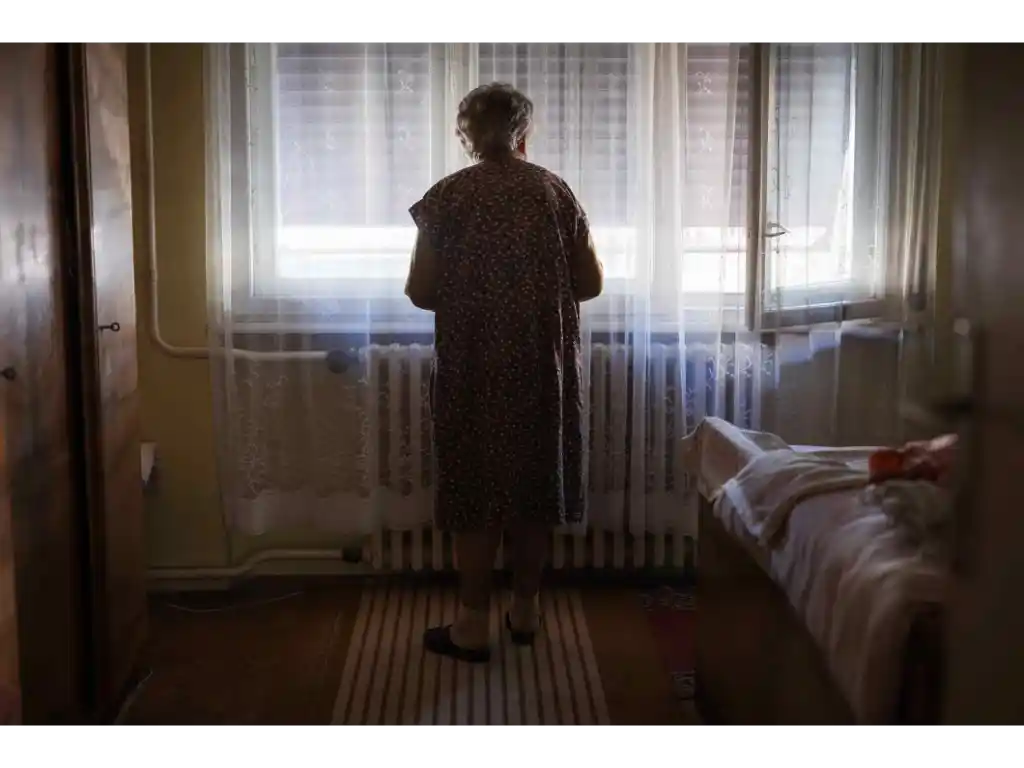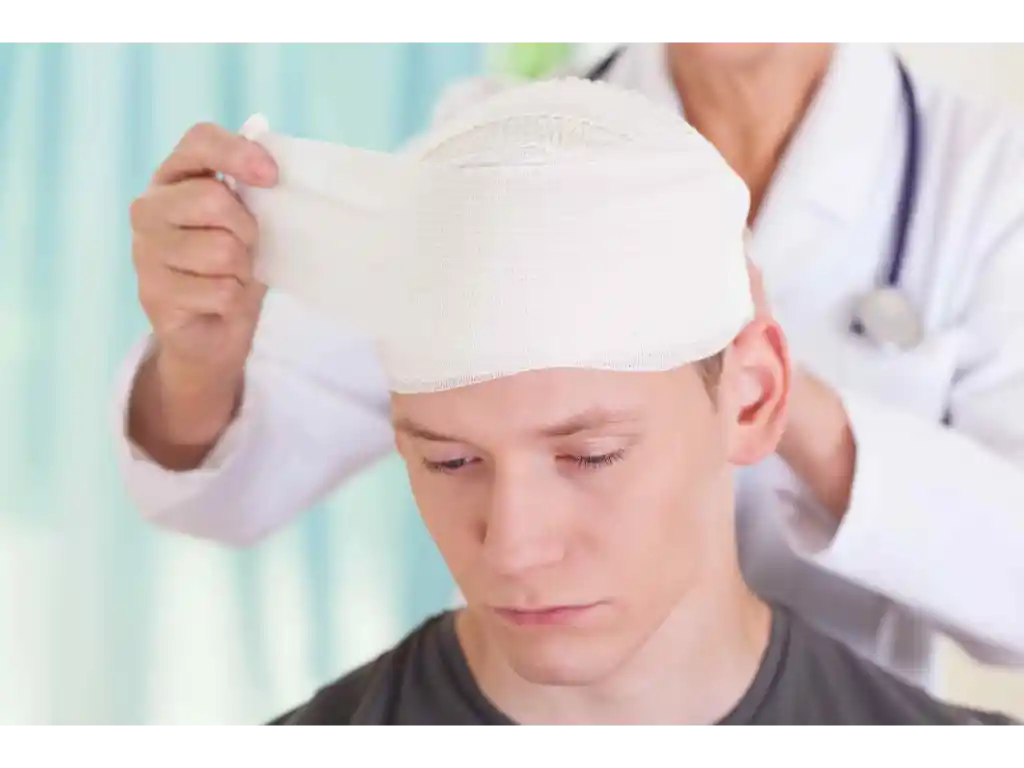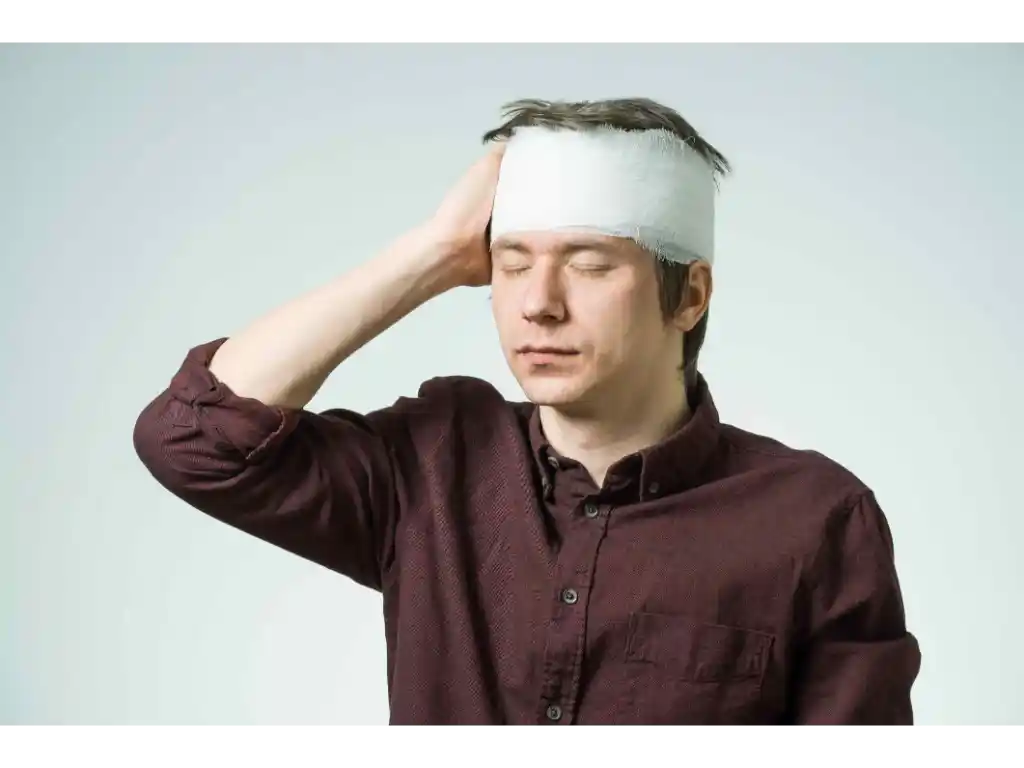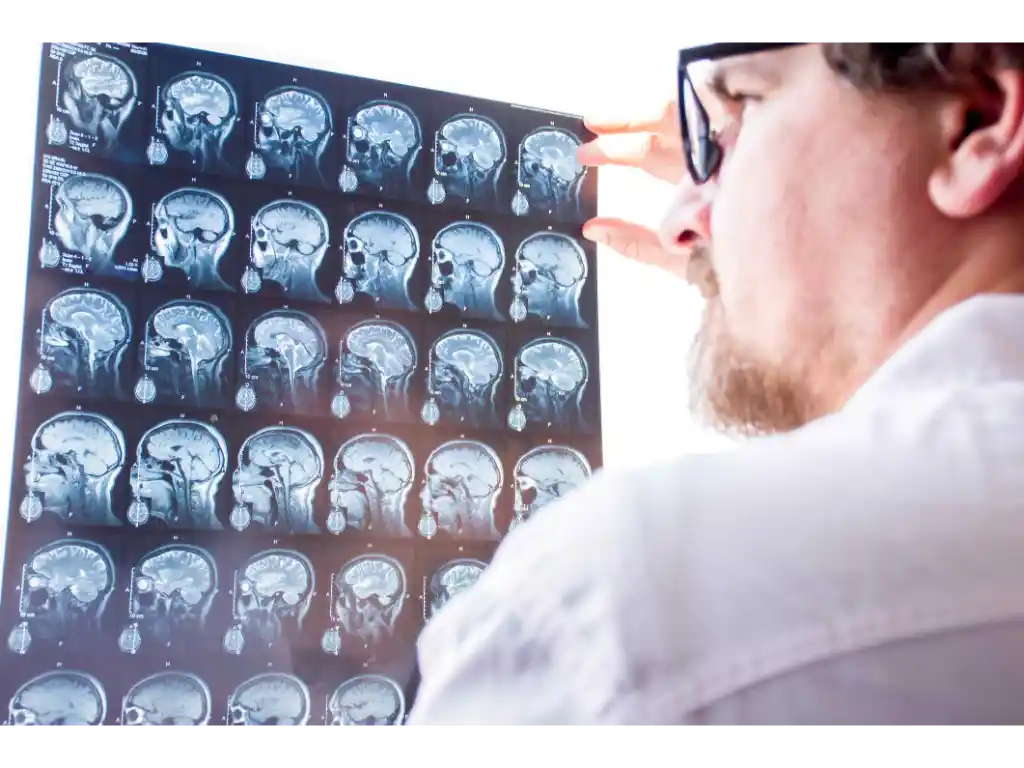
Traumatic Brain Injury Can Impact the Brain Like Alzheimer’s Disease
More than 1.7 million Americans are affected by traumatic brain injuries (TBI) each year. After a person sustains a TBI, there are often changes in brain structure and function. TBIs can also result in cognitive problems like memory deficits, impaired social function, and difficulty making decisions. While previous studies have identified that concussions are a risk factor for Alzheimer’s disease, they haven’t quantified the extent of the shared patterns of neural degeneration in the brain between the two.
Researchers from USC came up with a hypothesis: comparing the patterns between subjects with TBI and Alzheimer’s could reveal how the degenerative trajectories of the two conditions are similar but also which features of brain atrophy could predict Alzheimer’s risk after TBI. The study featured 33 participants with TBIs, 66 participants with Alzheimer’s disease, and 81 healthy control participants. Researchers analyzed MRIs of the patients’ brains and used computer-generated models to compare different brain structures and map similarities and differences between the three different groups of participants.
Researchers found reduced cortical thickness in multiple areas of the brain in the participants with TBI and Alzheimer’s. Cortical thickness is correlated with brain aging and is associated with, reduced attention span, memory, and verbal fluency. According to the author of the study, Andrei Irimia, “These findings are the first to suggest that cognitive impairment following a traumatic brain injury is useful for predicting the magnitude of Alzheimer’s-like brain degradation.” Irimia says that the results can help “identify TBI victims who are at greater risk for Alzheimer’s disease.”
The study found similarities between TBI and Alzheimer’s disease in how the brain’s gray and white matter degrade after injury. In gray matter, the most significant similarities were in areas involved in memory and decision-making. In white matter, there were comparable degeneration patterns in structures like the fornix, corpus callosum, and corona radiata.
Researchers also used machine learning techniques to accurately predict how severe the Alzheimer’s-like brain changes would be during the chronic stage of mild TBI. This was based on cognitive assessments conducted shortly after these injuries. While the new findings do not establish a cause-and-effect relationship between TBI and Alzheimer’s disease, they do add to the growing body of evidence that both conditions share common trajectories.
Scarlett Law Group is here to provide top-notch legal guidance if you or someone you know has suffered a traumatic brain injury. Please give us a call today at 415-688-2176 to request a case consultation.
Ask A Question,
Tell Us Your Situation, &
Get A Free Consultation
Contact Us & We’ll Guide You Through Your
Next Steps!
Required Fields*
Your Information Is Safe With Us.
We respect your privacy. The information you provide will be used to answer your question or to schedule an appointment if requested.
Traumatic Brain Injury Can Impact the Brain Like Alzheimer’s Disease

More than 1.7 million Americans are affected by traumatic brain injuries (TBI) each year. After a person sustains a TBI, there are often changes in brain structure and function. TBIs can also result in cognitive problems like memory deficits, impaired social function, and difficulty making decisions. While previous studies have identified that concussions are a risk factor for Alzheimer’s disease, they haven’t quantified the extent of the shared patterns of neural degeneration in the brain between the two.
Researchers from USC came up with a hypothesis: comparing the patterns between subjects with TBI and Alzheimer’s could reveal how the degenerative trajectories of the two conditions are similar but also which features of brain atrophy could predict Alzheimer’s risk after TBI. The study featured 33 participants with TBIs, 66 participants with Alzheimer’s disease, and 81 healthy control participants. Researchers analyzed MRIs of the patients’ brains and used computer-generated models to compare different brain structures and map similarities and differences between the three different groups of participants.
Researchers found reduced cortical thickness in multiple areas of the brain in the participants with TBI and Alzheimer’s. Cortical thickness is correlated with brain aging and is associated with, reduced attention span, memory, and verbal fluency. According to the author of the study, Andrei Irimia, “These findings are the first to suggest that cognitive impairment following a traumatic brain injury is useful for predicting the magnitude of Alzheimer’s-like brain degradation.” Irimia says that the results can help “identify TBI victims who are at greater risk for Alzheimer’s disease.”
The study found similarities between TBI and Alzheimer’s disease in how the brain’s gray and white matter degrade after injury. In gray matter, the most significant similarities were in areas involved in memory and decision-making. In white matter, there were comparable degeneration patterns in structures like the fornix, corpus callosum, and corona radiata.
Researchers also used machine learning techniques to accurately predict how severe the Alzheimer’s-like brain changes would be during the chronic stage of mild TBI. This was based on cognitive assessments conducted shortly after these injuries. While the new findings do not establish a cause-and-effect relationship between TBI and Alzheimer’s disease, they do add to the growing body of evidence that both conditions share common trajectories.
Scarlett Law Group is here to provide top-notch legal guidance if you or someone you know has suffered a traumatic brain injury. Please give us a call today at 415-688-2176 to request a case consultation.
Post tags
Table of contents
Related Blog Posts

Traumatic Brain Injury May Be a Risk Factor for Schizophrenia
Mental disorders are one of the most common outcomes of traumatic brain injury (TBI). About 1 in 3 individuals who sustain a TBI will develop depression in the following six months, and about half will…

Noise Sensitivity Following Mild Traumatic Brain Injury is a Predictor of Long-Term Post-Concussive Symptoms
The symptoms associated with mild traumatic brain injury (mTBI), also called concussion, typically resolve within a few weeks. One of the most common symptoms is noise sensitivity, which can cause discomfort and distress in loud,…

Is a Neuropsychological Exam Necessary After Suffering a Brain Injury?
After a person suffers a minor or severe brain injury, doctors often use MRI or C.T. scans to help identify lesions and determine if there is any neurocognitive dysfunction. However, even with a C.T. scan…

